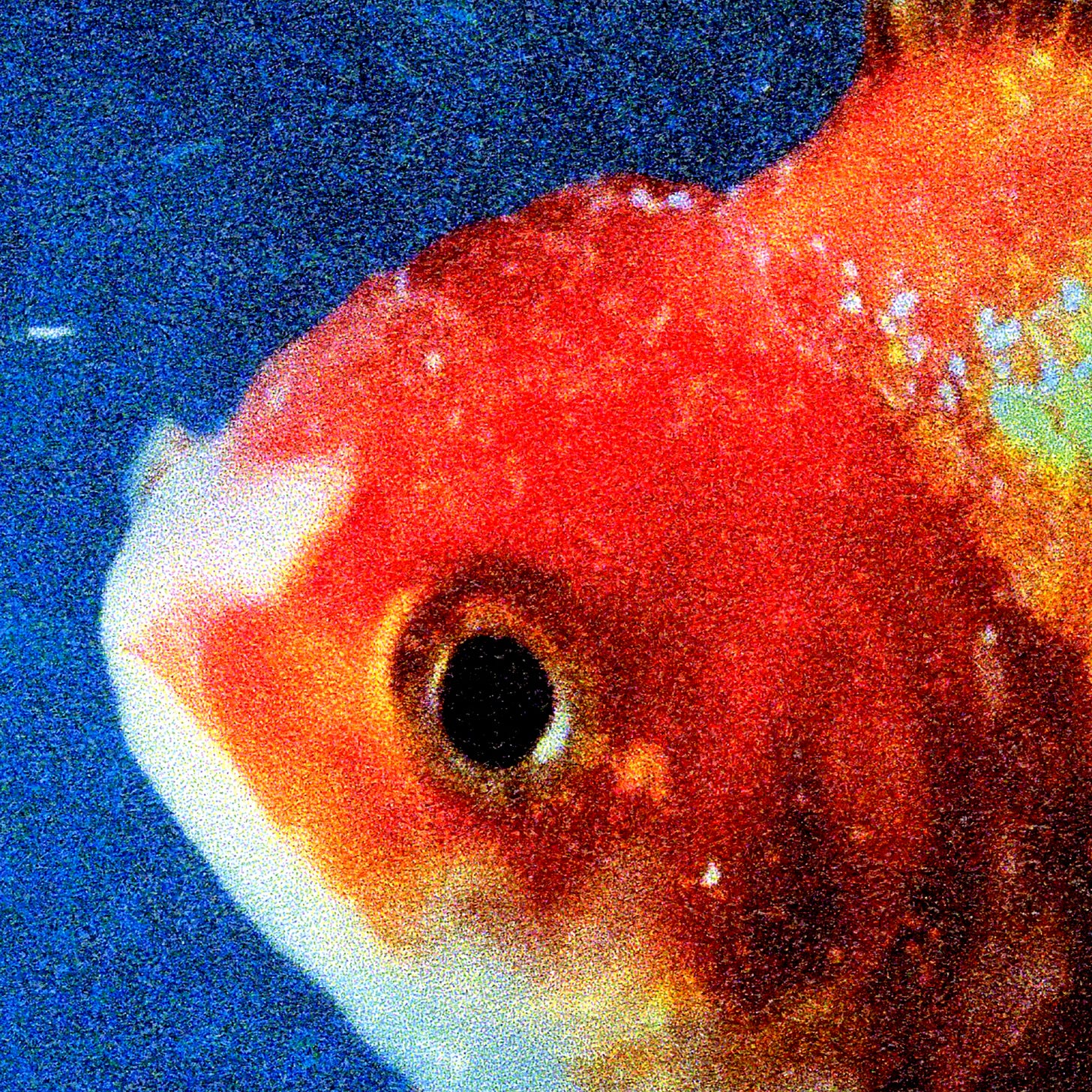Album Review: Big Fish Theory by Vince Staples
‘Big Fish Theory’ is a demanding, uncomfortable triumph.
Taken from Phil’s defunct blog, The Wax Report, an extensive review of the most important albums, covering everything from production to lyricism and overall cohesiveness.
Vince Staples has reinvented himself several times at just 23 years old. He said goodbye to the synth-based West Coast sound of his first mixtapes at the latest with his long-playing debut Summertime ’06, which, under the leadership of No I.D., seemed a whole bit darker and heavier. Big Fish Theory, which could already be guessed from last year’s Prima Donna EP, now breaks again with the usual sound image and starts at the sore points. Instead of Long Beach or Atlanta, the sound models are now called Detroit and Berlin; instead of being frugal, Staples digs into the ear canals with the album.
For this, Vince squealed an illustrious round of producers around him, consisting of Zack Sekoff, SOPHIE, GTA, Justin Vernon, and Flume, who are radically rushing into new soundscapes. Big Fish Theory makes little to no concessions to the usual listening habits but reminds us of the force of an unexpected chin hook because of its practicality. In advance, Staples spoke of his own ‘Afro-futurism,’ and in fact, he seems to be one step ahead of his time. Because the album combines what did not belong together so far: icy G-funk with field recordings, driving Detroit house with crashing UK industrial. Big Fish Theory is uncomfortable and demanding, and thus, exactly what many miss about the current status quo.
Already in the opener, “Crabs In a Bucket,” Staples suggests that he has not lost any of his astute powers of observation on the lyrical side.
“They don’t ever want to see the black man eat
Nails in the Black man’s hands and feet.”
It says extremely unabashedly about a driving Bon Iver co-production, over which Staples sweeps dry without respite. Although Vince does not reach the political explosive power of a Kendrick Lamar for a long time, his pointed stabs always hit the right nerve. The first release, “BagBak,” rages most towards authorities and racial discrimination:
“Prison system broken, racial war commotion
Until the president gets ashy, Vincent won’t be votin’.”
The core of the whole thing:
“Until they love my dark skin/Bitch I’m goin’ all in.”
On the other hand, Staples looks just as mercilessly inward. After “Alyssa Interlude” starts with an Amy Winehouse interview snippet, the song drifts into a sensitive tangle of love. Staples’s seemingly impassive singing is reminiscent of Summertime, the heart of the previous record. “Sometimes, people disappear/Think that was my biggest fear/I should have protected you/ Sometimes, I wish it would rain,” Vince mends before a Kanye-esque The Temptations sample uses: “Sunshine, blue skies/Please go away.” Probably the most beautiful and also the most vulnerable moment of the record.
Although there are still deep insights, they are only presented at full width. “Love Can Be…” reminds us of the unstoppable drums of one of the better Kaytranada productions. For the intro, Damon Albarn contributed a few scraps of words. Otherwise, the guests are also pleasantly restrained. Only Kilo Kish always designs a suitable counterpole to Staples's pulsive flows with her vocal parts. A$AP Rocky is hardly heard on the brutal industrial monster “SAMO,” but Staples asserts himself all the better. In any case, he seemingly effortlessly tames the most experimental productions, which otherwise only Kendrick Lamar would be able to do.
On “Yeah Right,” it logically comes a little later to the summit of the temporarily best West Coast rappers. On a monstrous Flume/SOPHIE beat, Vince and Kendrick juggle around with flow variations and, at the same time, let themselves out of morality and materialism. It only gets even better with the cutting G-Funk banger “745”: Vince swings up to the evil opponent of Y’s good-tempered lowrider sound and draws a dystopian picture of his homeland without even twitching an eyely.
Big Fish Theory compacts an almost incredible range of musical influences on just over 30 minutes of playing time so coherently that only the term ‘masterpiece’ does justice to the album. Hip-hop will no longer be more exciting in 2017.
Great (★★★★☆)
Favorite Track(s): “745,” “Yeah Right,” “SAMO”


